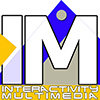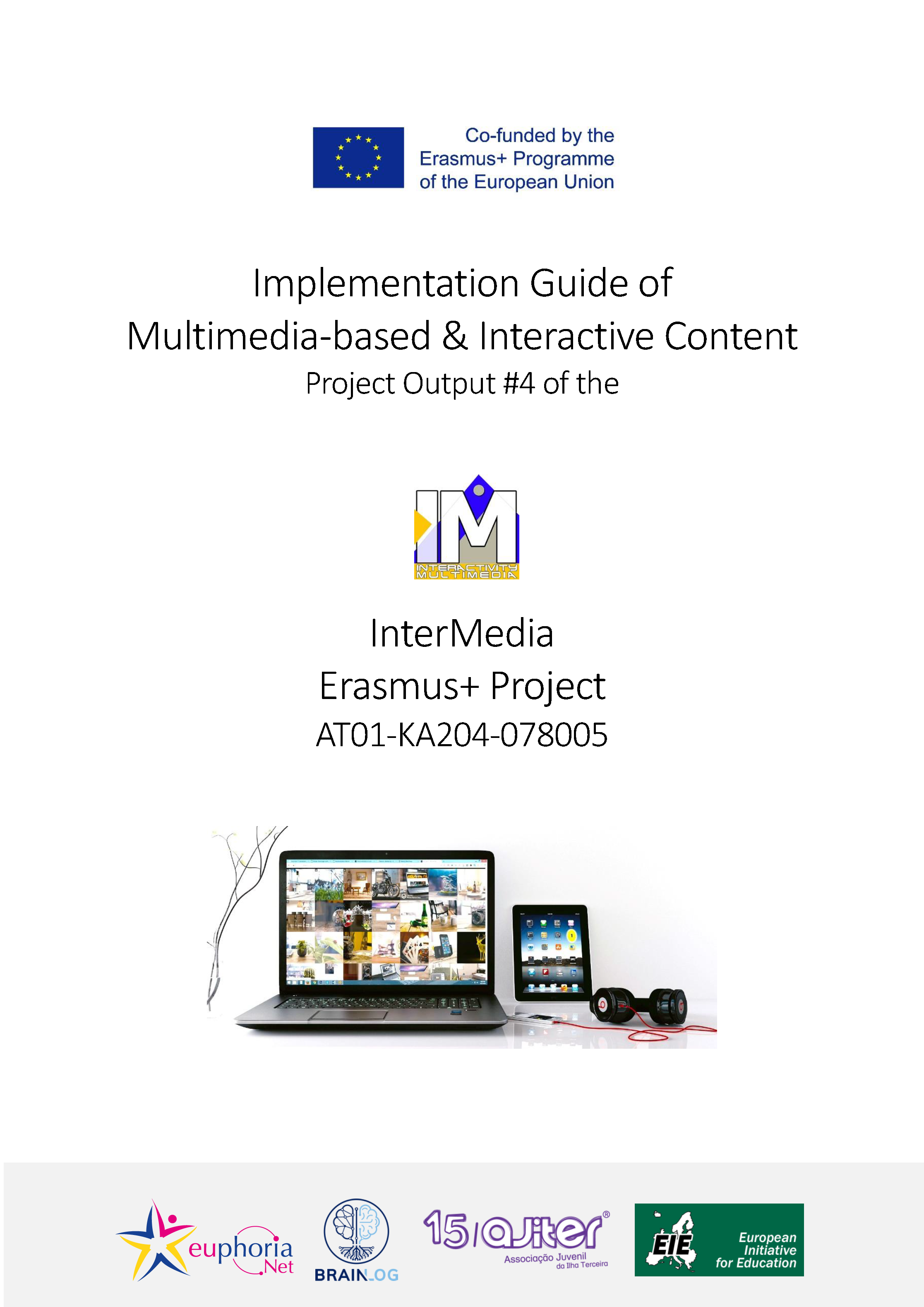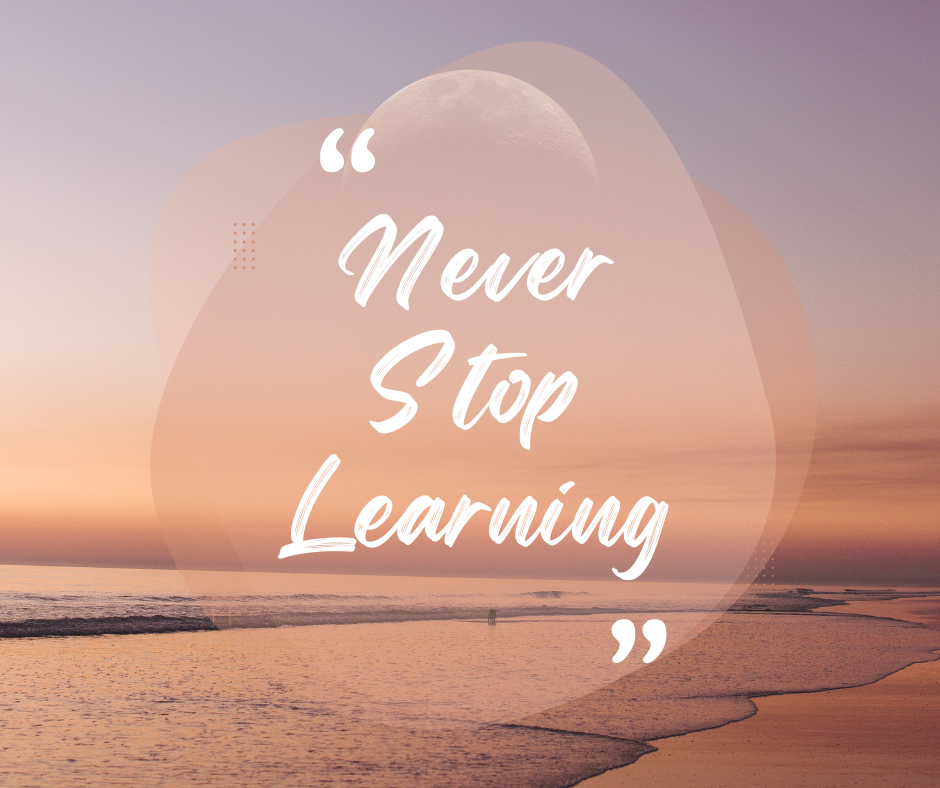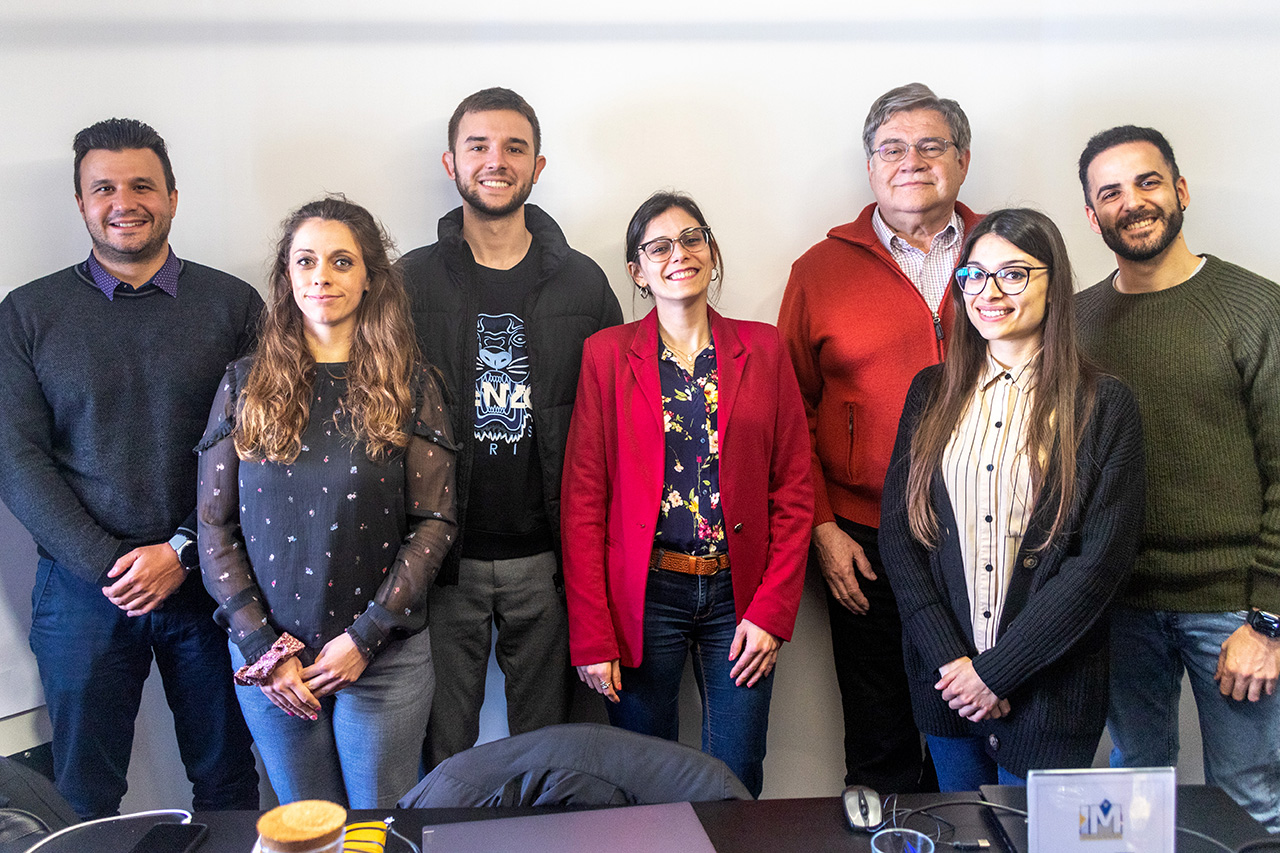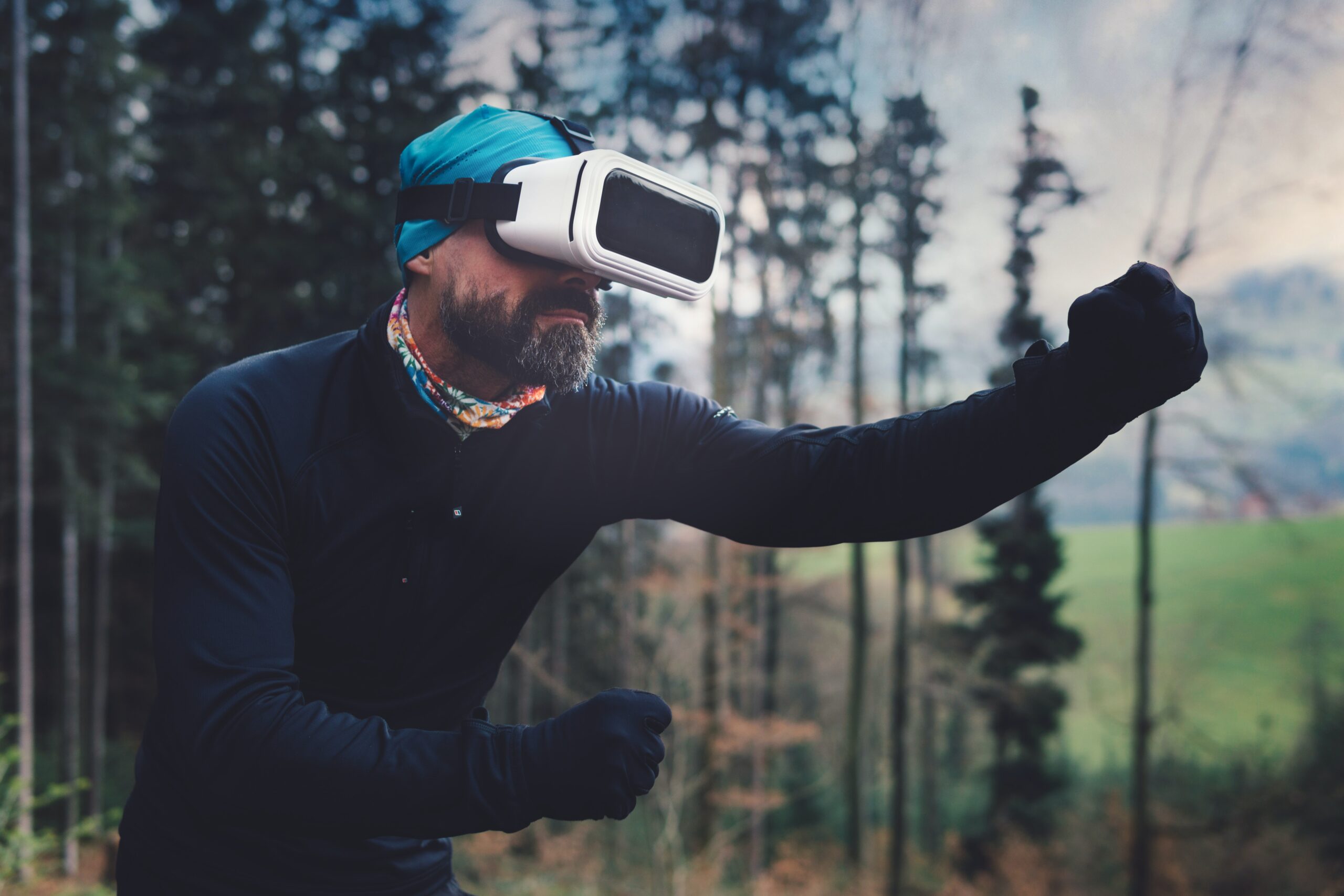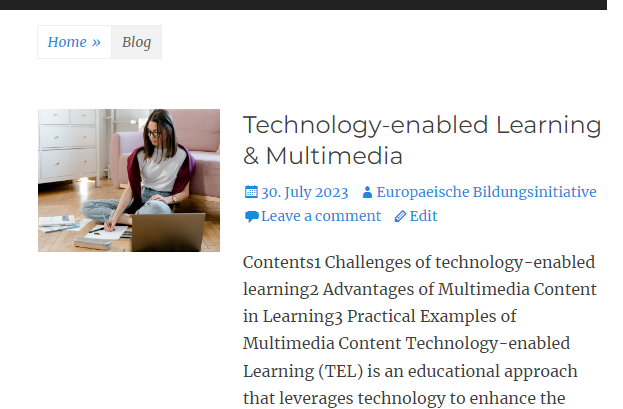
About the blog
The InterMedia Blog serves as a comprehensive resource for individuals interested in adult education, with a specific focus on learners of all ages, ranging from youth to seniors. It showcases best practice examples and discusses the integration of multimedia content to optimize the learning experience. it highlights the significance of adult education and its impact Read More …
